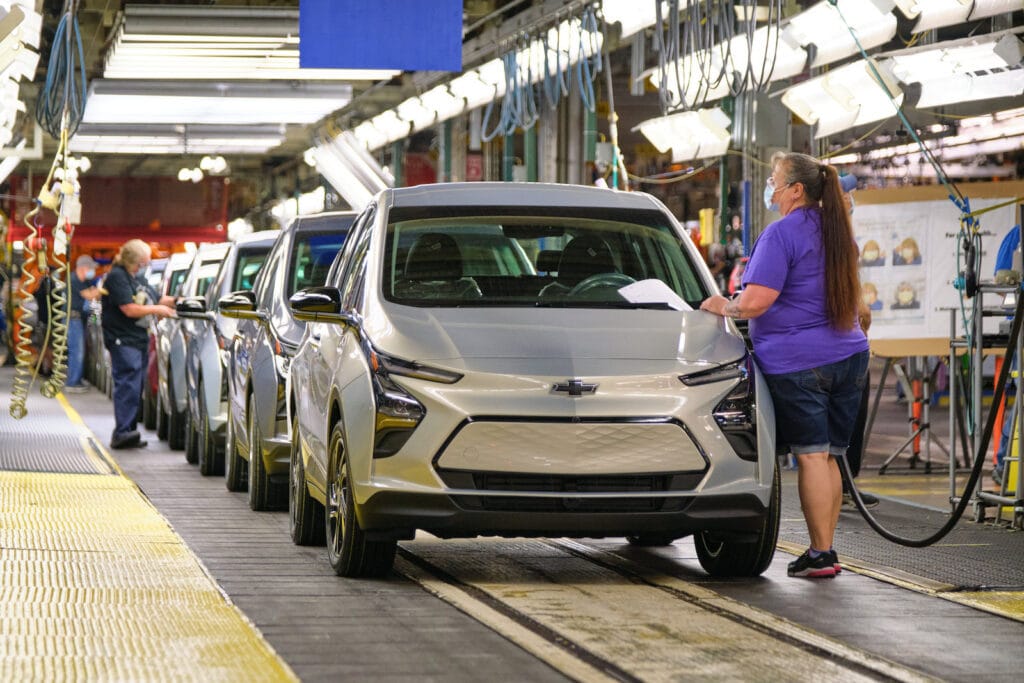The semiconductor shortage continues to cause problems for automakers with Honda being the latest to announce production issues. According to Reuters, the automaker announced its factories in Japan operated at just 40% of capacity in August and September.

That’s largely due to a shortage of semiconductors, but COVID-19 has caused all sorts of supply problems for automakers. Honda stated its low production capacity was due to both a shortage of chips and issues obtaining various other components.
“We are doing what we can to minimize the impact on production, but the situation remains unclear,” the company said. Despite challenges during the last few months, Honda expects production to be at about 70% of capacity in early October. While that’s a marked increase, it leaves plenty of room for capacity to improve.
An industry-wide challenge
Honda isn’t the only automaker dealing with production issues as a result of the semiconductor shortage. In late August, Nissan announced its plant in Smyrna, Tennessee was extending its shutdown for two additional weeks. The plant first shutdown on Aug. 16 after semiconductor plants in Malaysia closed due to COVID-19.
At the same time, General Motors announced its electric vehicle plant in Orion, Michigan was extending its shutdown for two weeks. This was due to the combined effects of a battery pack shortage due to the Bolt EV recall and semiconductor shortages.

GM spokesman Kevin Kelly reconfirmed that timeframe to TheDetroitBureau.com even as battery production for the Bolt resumed at two LG Chem plants in Michigan.
Stellantis extended the shutdown of its Windsor Assembly plant for two weeks starting Aug. 30 also due to the semiconductor shortage. This was necessary as the company shifted its limited supply of microchips to other vehicles.
Ford is also on the list of impacted automakers. It decided to extend the shutdown of its plant in Kansas City, Missouri where it builds the Ford F-150 pickup. It also temporarily closed its plant in Oakville, Ontario where both the Ford Edge and Lincoln Nautilus are built.
Is there an end in sight?
Federal lawmakers are proposing a $2 billion expenditure to develop chip production in the United States. That might prove to be a good long-term solution, but it won’t do anything to help solve the current chip shortage.
Automakers initially expected the supply to improve by fall, but continued COVID-19 outbreaks in Vietnam and Malaysia are pushing out those estimates. General Motors expects to cut an additional 100,000 production units in the third quarter. Toyota plans an additional cut of 300,000 units. Production will eventually get back to normal, but continued cuts and downward capacity revisions show supply chain issues aren’t going away any time soon.






